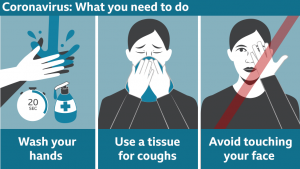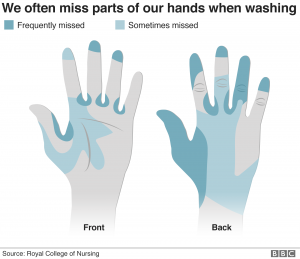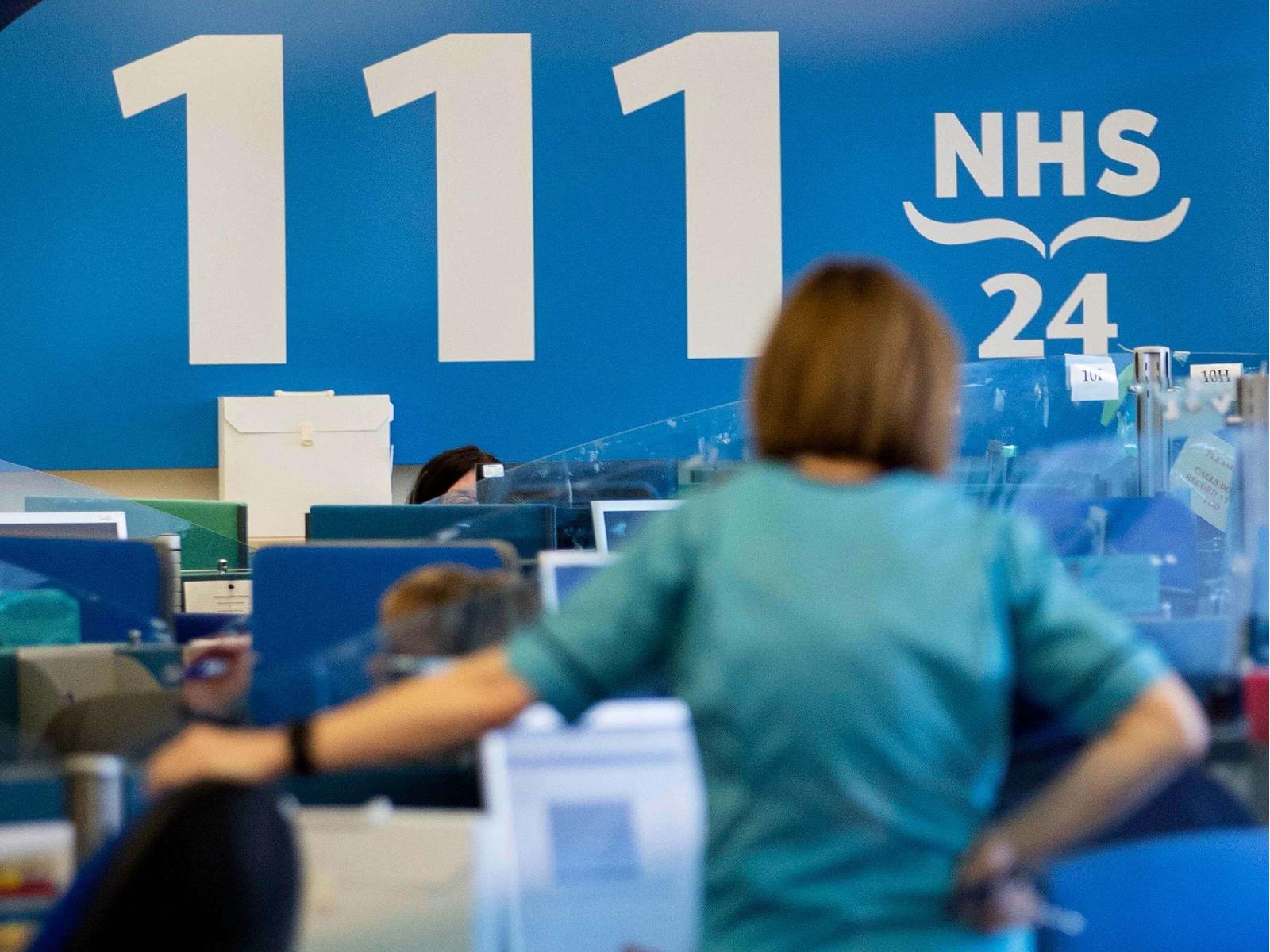Statutory sick pay (SSP) is the minimum amount of money your employer can pay out when you are sick and cannot come into work. It is paid out to employees who are off work ill for at least 4 consecutive days. However, in recent weeks and months, with the COVID-19 Coronavirus spreading through the world and the UK, SSP can now be paid out on day one of an employees illness.
As an employee and in normal circumstances, you will be entitled to SSP if you’re sick for these four consecutive days or more. Employees will only be entitled to SSP provided that their average earnings are £118 per week or over. The average earnings of an employee are calculated by the eight weeks before you fall ill.
Statutory sick pay usually only begins on the fourth day an employee is sick, unless you’ve received it within the past eight weeks. Employees are not eligible for SSP if they’re receiving statutory maternity, paternity or adoption pay. Whilst statutory sick pay is the minimum an employer can legally pay their employees, many companies pay higher than this. You will be able to find information about your sick pay detailed in your employment contract.
How Much is Statutory Sick Pay ?
Sick pay will most likely be lower than an employee’s normal salary. The standard rate for statutory sick pay for 2020 in the UK stands at £95.85 per week. Typically, employees will receive their sick pay on the same day their salary is paid out.
More from Business
- Can VoIP Transform Calls Beyond Cost? What’s Next
- What Is An Equity Fund?
- Top Industries for Investment in Paraguay
- Jean-Claude Bastos: How Unconventional Investment Methodology Built a Multi-Billion Global Portfolio Through Market Dislocations
- 10 Tools to Test and Monitor Your VoIP Performance
- How To File Tax Returns For Your Side Hustle
- How To Launch A Startup In Barcelona
- What Happens If Your Business Broadband is Too Slow?
COVID-19: Can I Get Statutory Sick Pay When Self-Isolating?
Recently, the UK government has announced that those who self-isolate due to coronavirus will receive statutory sick pay. Unlike typical SSP, when employees self-isolate they will begin to receive sick pay on the first day they self-isolate. Those who choose to self-isolate will not be required to show any symptoms to receive their sick pay. However, if necessary, you can receive a doctors certificate by calling 111.
Whilst everyone who meets the criteria for sick pay will receive this minimum amount if self-isolating, employees could receive more than this, depending on what their contract with the employer offers. Some can even receive full pay for their sick leave. To find out more on this, employees should contact their manager or other specified, relevant department.
You can find out more on self-isolation for COVID-19 by visiting the NHS page on “Stay at home advice”.

When Will I Have to Tell My Employer?
For the first week an employee is fill, they will typically be asked to fill in a “self-certificate” to the employer. Medical evidence of your sickness is not required, and you should not be asked to provide such evidence for these initial 7 days.
Your employer will only require medical evidence of your illness when you have been off sick for over a week. When you have been ill and off from work for over a week, you may have to get evidence of this from your doctor. This can be in the form of a “fit note”, stating that you are not fit to work at this current point in time.
A fit note is normally acceptable as evidence of illness, and your subsequent absence from work. If an employer refuses to pay SSP, you should first ask them why they are refusing. If the issue cannot be settled by you and your employer, you can then call the HMRC employee enquiry line to get advice on what to do next.
Are Self-Employed People Eligible for Statutory Sick Pay?
In normal circumstances, those who are self-employed and many contract workers would not be able to access the same SSP as full time employees. However, with the Coronavirus and the effects it has already had on the UK economy and workforce, the government announced changes to how the self-employed workforce of the UK can access sick pay of sorts. Self-employed people have been instructed by Prime Minister Boris Johnson and the wider government to self-isolate should they have any symptoms of COVID-19: a [new] persistent cough or a high fever. Furthermore, the message to the UK’s self-employed is that they will ‘not be punished for doing the right thing…’ a consistent message of the government.
In practice, this means that should any self-employed workers self-isolate and therefore be unable to work and earn money, they are eligible to claim Universal Credit or Employment and Support Allowance. Interestingly, the UK already has some of the highest standards across Europe and the European Union when it comes to SSP and employee support, with additional free healthcare and a far more extensive and wide reaching benefits system for those that need to access it, which the SNP’s Ian Blackford needed reminding of.
What if You Can’t Work From Home When Your Workplace is Closed?
For those in a position whereby they are unable to go into their place of work because it is closed, for example because it is in one of the sectors hit the hardest, there are specific provisions in place. For those that cannot attend their place of work and cannot work from home (for example cabin crew on airlines), from the first day off work, SSP has been made available by the government. As with employees in most cases, the employer is required to pay your SSP for up 28 weeks. The government has also announced measures aimed at helping smaller businesses, for whom the government will pay the SSP for the first 14 days.

What About Mortgage and Loan Repayments?
Although those paying mortgages and other debts will still be liable and required to repay what they owe, more lenders and mortgage providers such as Natwest and TSB, are offering, where appropriate and necessary, the ability to delay mortgage repayments. Assessed and granted on a case by case basis by the lender(s) in question, this is a measure designed to ease the financial burden for those that need it the most. Payments, in the case of mortgages can be delayed by as much as three months with the agreement of the lender. However, this will likely mean that future payments will be slightly higher, so make sure to discuss this with your lender.
Is Tax Paid on Statutory Sick Pay?
Yes, you will most likely have to pay tax on any statutory sick pay received. This is due to the fact SSP is treated as earned income, meaning employees who receive sick pay will have to pay for both Class 1 National Insurance and income tax on it. However, SSP is usually considerably lower than an employee’s normal salary. This means your income might be under the threshold of the annual tax-free allowance. Therefore, you won’t usually have a lot of tax to pay on SSP you receive, if any at all.
How Long Can I Get Statutory Sick Pay For?
You can receive statutory sick pay for up to 28 weeks. You employer will pay for your SSP, however if they go bust, HMRC will pay the remainder of the sick pay. When you no longer qualify for SSP, an SSP1 form will be provided, explaining why the SSP is ending and detailing the last payment date. This form can be used when applying for an Employment and Support Allowance, a benefit used by those who are unable to work for a longer period of time.



